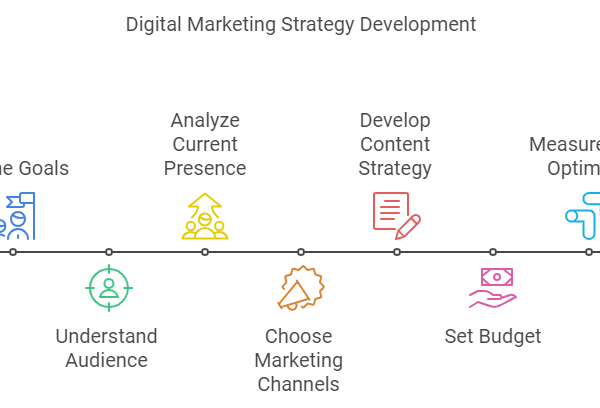
The intricate dance of supply and demand, the invisible hand shaping economies, the complex interplay of global markets – the world of market economics can be fascinating yet intimidating. But what if you could translate this complex world into an engaging narrative, empowering readers to understand how markets function and their impact on our lives? That’s the power of writing a book on market economics.
Whether you’re a seasoned economist or a passionate student with a thirst for knowledge, sharing your understanding through a book can be incredibly impactful. Here’s a roadmap to navigate the exciting, yet challenging, world of writing a market economics book:
Finding Your Niche:
Market economics encompasses a vast array of topics. Identify your niche to tailor your content to a specific audience. Are you targeting students seeking a clear introduction to core principles? Business professionals wanting to understand market dynamics? Or perhaps policymakers interested in the impact of markets on public welfare?
Balancing Depth with Accessibility:
The key lies in striking a balance between academic rigor and accessibility. Ensure your book provides valuable insights for your target audience without overwhelming them with complex jargon or abstract theories. Use clear, concise language, relatable examples, and real-world scenarios to illustrate economic concepts.
Storytelling: The Secret Weapon:
Don’t underestimate the power of storytelling. Weaving historical events like the Great Depression or the rise of e-commerce giants into your narrative can make complex economic theories more relatable and engaging. Consider using fictional case studies or personal anecdotes to illustrate how market forces impact everyday lives.
Beyond Theory: Practical Applications:
Go beyond just theoretical frameworks. Discuss the practical applications of market economics in areas like personal finance, investing, or international trade. Offer readers actionable insights they can use to navigate the financial landscape and make informed decisions.
Choosing Your Path: Traditional vs. Self-Publishing:
The publishing landscape offers two main avenues: traditional publishing and self-publishing. Traditional publishing offers an established distribution network and editorial guidance, but competition can be fierce. Self-publishing allows for greater control, but requires a significant investment in marketing and editing. Weigh the pros and cons based on your resources, goals, and comfort level.
Academic Credibility and Engaging Writing:
Credibility is paramount. If you’re not a tenured professor, consider collaborating with an economist or academic to ensure the accuracy and technical soundness of your content. However, academic expertise alone isn’t enough. Refine your writing skills. Ensure your writing is clear, engaging, and avoids dry, academic jargon.
Charts and Visuals: Making the Complex Clear:
Don’t shy away from visuals. Utilize charts, graphs, and infographics to enhance understanding of complex economic concepts. Visual aids can effectively represent trends, illustrate market forces, and make your book more visually appealing.
Considering Collaboration:
Don’t be afraid to collaborate. Consider working with a book writer for hire who excels at translating complex topics into engaging prose. A skilled book writer can help you develop your ideas, structure your content, and write with clarity and precision for your target audience.
The Future of Market Economics Books: Empowering a New Generation
The world of market economics is constantly evolving. As the global economy becomes increasingly interconnected, the need for accessible and engaging economic knowledge is greater than ever. Here are some trends shaping the future of market economics books:
The Rise of Fintech: The rise of financial technology (fintech) is reshaping how people manage their finances and interact with financial markets. Consider incorporating discussions on the impact of blockchain technology, cryptocurrencies, and online banking on the evolving economic landscape.
Focus on Sustainability: There’s a growing awareness of the economic implications of climate change and the need for sustainable development. Consider incorporating discussions on carbon pricing, resource allocation, and the economic transition towards a more environmentally sustainable future.
Interactive Learning: Explore the potential of interactive elements in your book. Include quizzes, online resources, or links to simulations that allow readers to test their understanding and apply economic principles in a practical setting.
Writing a book on market economics is a rewarding endeavor. The potential to empower readers to understand the forces shaping our world, make informed decisions, and contribute to a more vibrant economy is a powerful motivator. By combining your economic knowledge with strategic planning, engaging writing, and a touch of creativity, you can craft a book that not only informs but also inspires. So, grab your pen (or laptop!), unleash your passion for market economics, and demystify the market for a wider audience, one page at a time.
Read more about market economy size
What's your reaction?
Excited
0 Happy
0 In Love
0 Not Sure
0 Silly
0










